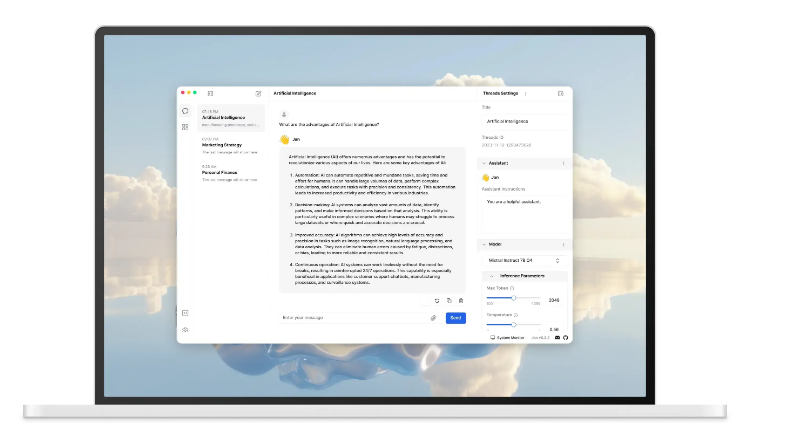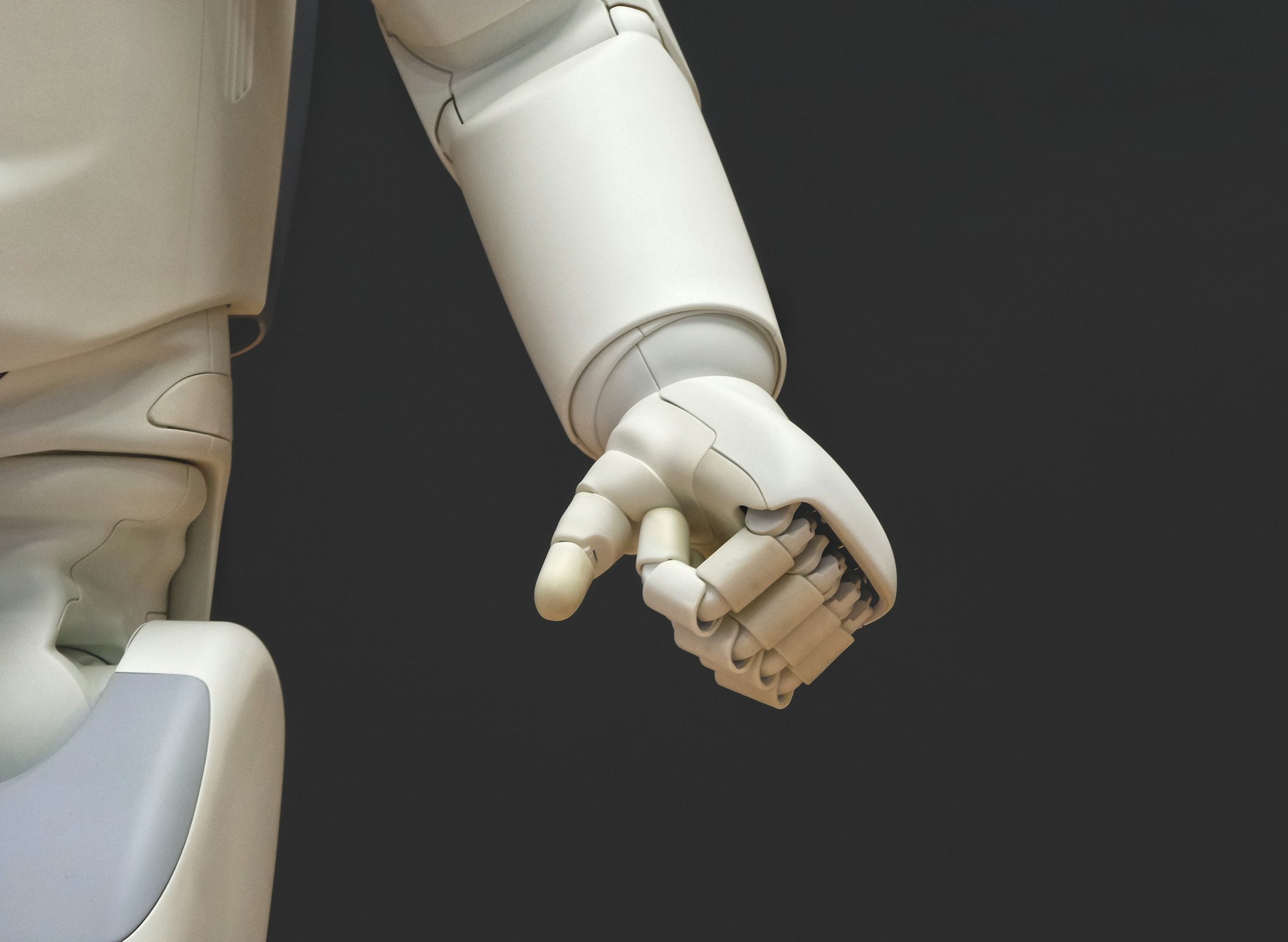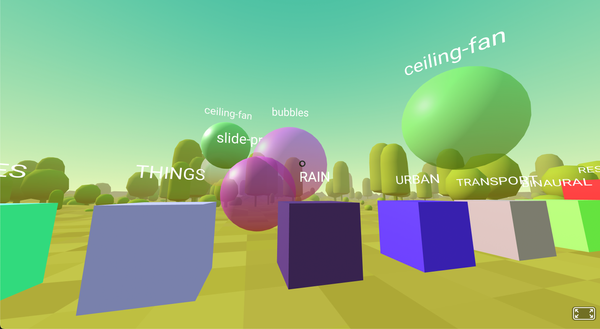The Adoption of LLMs in Healthcare: Why Doctors Should Master Large Language Models
Table of Content
Understanding Large Language Models (LLMs)
LLMs, or Large Language Models, are cutting-edge artificial intelligence systems that have revolutionized natural language processing. These sophisticated models are trained on enormous datasets comprising diverse text sources, enabling them to comprehend and generate human-like text with remarkable accuracy and fluency.
Key features of LLMs include:
- Vast knowledge base spanning multiple domains
- Ability to understand context and nuance in language
- Capacity to generate coherent and relevant responses
- Adaptability to various language-related tasks

Why LLMs are important for Healthcare?
They are important for healthcare, medical records, diagnostics, and radiology for several reasons:
- Medical Knowledge Processing: LLMs can quickly process and synthesize large volumes of medical literature, helping healthcare professionals stay updated with the latest research and treatment guidelines.
- Enhanced Medical Records Management: They can assist in organizing, summarizing, and retrieving information from complex medical records, making it easier for healthcare providers to access relevant patient information quickly.
- Diagnostic Support: LLMs can analyze patient symptoms, medical history, and test results to suggest potential diagnoses or highlight areas that need further investigation, acting as a valuable second opinion for healthcare professionals.
- Radiology Assistance: In radiology, LLMs can help interpret medical images by providing automated analysis, detecting anomalies, and generating preliminary reports, potentially speeding up the diagnostic process.
- Personalized Treatment Plans: By analyzing patient data and medical literature, LLMs can assist in creating tailored treatment plans, considering individual patient characteristics and the latest medical evidence.
- Clinical Decision Support: LLMs can provide evidence-based recommendations to support clinical decision-making, helping healthcare providers consider all relevant factors in patient care.
While LLMs offer significant potential in healthcare, it's important to note that they are tools to assist healthcare professionals, not replace them. Their use should always be supervised by qualified medical experts to ensure patient safety and ethical considerations.

LLMs Benefits for doctors and How They Should use LLMs?
Doctors should master LLM prompts and understanding to enhance personalized treatment plans.
Benefits include:
- Efficient research assistance
- Comprehensive patient data analysis
- Streamlined medical documentation
- Improved diagnostic queries
- Tailored treatment recommendations
- Better patient education
Mastering LLMs empowers doctors to leverage AI for more accurate, efficient, and personalized patient care.
Doctors can leverage large language models (LLMs) to enhance personalized treatment plans, as these models can analyze vast amounts of medical literature, patient data, and clinical guidelines.

Here's how they can approach it:
1. Using LLMs in Medical Practice:
- Research Assistance: LLMs can help doctors quickly access and summarize relevant studies, clinical trials, and evidence-based guidelines. For example, GPT-based models can scan through journals and provide summarized insights from the latest research in seconds.
- Patient Data Synthesis: LLMs can analyze patient history, lab results, and symptoms to offer diagnostic suggestions or treatment pathways, helping to create a more comprehensive view of the patient's needs.
- Medical Documentation: Doctors can use LLMs to auto-generate patient summaries, progress notes, and discharge reports, saving time and reducing administrative burdens.
2. Prompts for Better Personalized Treatment Plans:
- Diagnostic Queries:
- "What are the possible diagnoses for a patient presenting with [symptoms] and [medical history]?"
- "Summarize the latest treatment guidelines for managing [specific condition] in patients with [comorbidities]."
- Treatment Plan Recommendations:
- "What are the best treatment options for [patient’s age, gender, medical history] diagnosed with [disease]?"
- "Generate a step-by-step personalized care plan for a patient with [specific condition] considering their [genetic predisposition, lifestyle factors, etc.]."
- Predicting Outcomes:
- "What is the expected prognosis for a patient with [disease] and [specific medical factors] based on recent studies?"
- Patient Education:
- "Provide an easy-to-understand explanation for [condition] and its treatment options tailored to a [age, education level] patient."
Recent Developments in LLMs for Healthcare:
Advancements in Medical LLMs:
Recent years have seen the emergence of specialized LLMs tailored for healthcare applications. For instance, MedPaLM by Google Research and GPT-4V(ision) by OpenAI have demonstrated remarkable capabilities in medical image interpretation and clinical decision support.
These models, trained on vast medical datasets, offer unprecedented accuracy and context-awareness in healthcare applications.
LLMS and Healthcare Real-world Integration:
Healthcare institutions worldwide are increasingly adopting AI-enhanced systems for various medical tasks. Notable examples include:
- Mayo Clinic's collaboration with Google Cloud to develop AI-powered diagnostic tools
- IBM Watson Health's partnerships with numerous hospitals for cancer treatment planning
- Microsoft and Nuance's joint venture in creating AI-driven clinical documentation solutions
These integrations are showing promising results in improving diagnostic accuracy and streamlining clinical workflows.
Ethical Considerations and Regulatory Landscape:
As AI becomes more prevalent in healthcare, there's an intensifying focus on ethical implications and regulatory frameworks.
Key areas of concern include:Regulatory bodies like the FDA in the US and the MHRA in the UK are working on creating comprehensive frameworks to govern AI use in healthcare, ensuring patient safety and ethical standards are maintained.
- Patient data privacy and security in AI-driven systems
- Algorithmic bias and fairness in medical AI applications
- The need for transparent AI decision-making processes in clinical settings
- Developing clear guidelines for AI use in medical practice
Future Prospects:
The future of LLMs in healthcare looks promising, with potential developments including:These advancements could revolutionize healthcare delivery, making it more efficient, accurate, and accessible.
- AI-assisted drug discovery and development
- Personalized medicine powered by genetic and lifestyle data analysis
- Advanced natural language processing for improved doctor-patient communication
LLMs hold great promise for personalized treatment plans, helping doctors process vast amounts of medical data efficiently. However, their use requires vigilance, continuous validation, and collaboration between medical professionals and AI developers.


Wrapping up!
The integration of Large Language Models (LLMs) in healthcare represents a significant leap forward in medical practice. These AI-powered tools offer immense potential to revolutionize various aspects of healthcare, from streamlining medical research and enhancing diagnostic accuracy to personalizing treatment plans and improving patient education.
LLMs provide doctors with powerful assistants that can process vast amounts of medical literature, analyze complex patient data, and offer evidence-based recommendations. This capability not only saves time but also enhances the quality of care by ensuring that medical decisions are informed by the most up-to-date and relevant information.
However, it's crucial to approach the use of LLMs in healthcare with caution and responsibility. While these tools offer remarkable benefits, they should be viewed as aids to augment human expertise rather than replacements for medical professionals. The ethical use of AI in healthcare, including concerns about privacy, data security, and the need for human oversight, remains a critical consideration.











